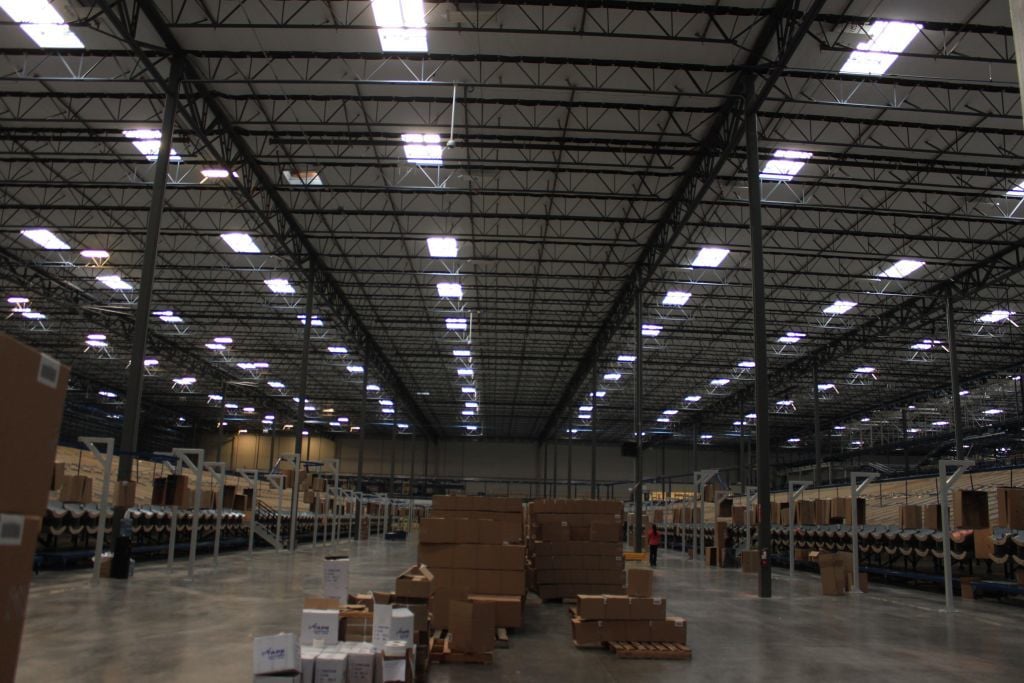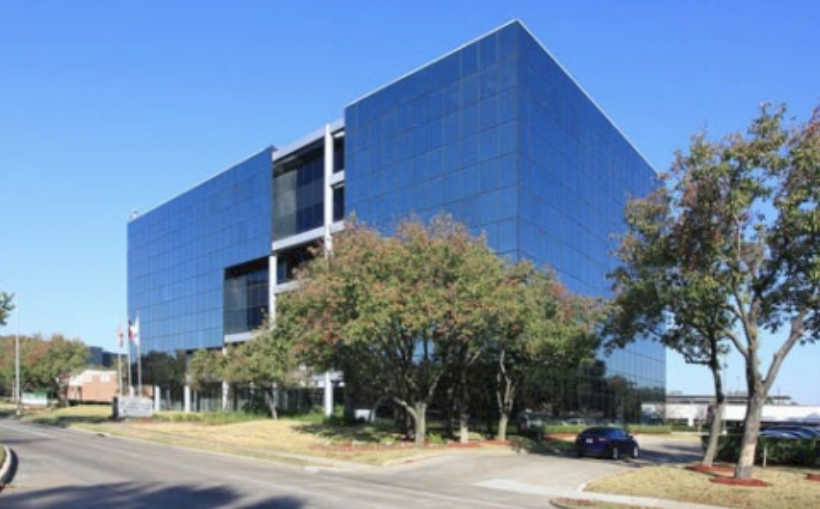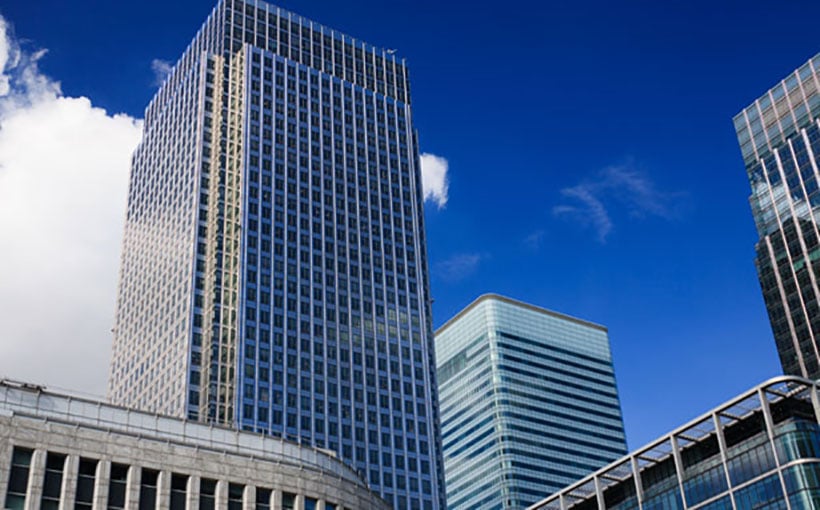**Tariff Headwinds Expected to Weaken CMBS Asset Performance, Says Fitch Ratings**
Commercial mortgage-backed securities (CMBS) in the U.S. are likely to face deteriorating asset performance due to ongoing tariff-related challenges, including inflation, higher interest rates, and slowing global economic growth. That’s according to Fitch Ratings, which warns that these macroeconomic pressures are bringing increased uncertainty to the already cyclical commercial real estate sector.
“Policy shifts are introducing considerable uncertainty within commercial real estate, a lagging cyclical sector,” Fitch reported. “This uncertainty is likely to lead to a pause in major capital investments and new developments, and negatively impact tenant decision-making due to rising and competing costs.”
Fitch identifies industrial real estate, especially in West Coast port markets, as particularly vulnerable due to their heavy exposure to trade with China and growing supply concerns in key submarkets like California’s Inland Empire. The agency indicated it may apply additional financial stress tests to net cash flows or adjust capitalization rates for industrial properties with tenants under tariff pressure.
Retail real estate, although stabilized in recent years, is also expected to suffer as retailers reliant on Chinese supply chains reduce or halt expansion plans. “This could accelerate store closures, making it more difficult for malls and power centers to backfill vacancies. Increased vacancies may place downward pressure on rents,” the agency noted. As a result, Fitch revised its retail CMBS outlook for 2025 to “deteriorating” from a previously neutral status.
In the office sector, Fitch notes that while prime Class A properties in markets like Manhattan may continue to see strong demand, the recovery in other office submarkets may slow. The report also points out the approaching five-year anniversary of the pandemic—a key marker for banks to take action on unresolved loans. “This could lead to more distressed sales and appraisals that pressure CMBS ratings if realized values fall below our stressed assumptions,” Fitch cautioned.
Hotels, particularly those in the leisure travel segment, are also facing headwinds. Weakened consumer confidence and a drop in international travel have dampened demand. At the same time, immigration restrictions are constraining the labor pool, driving up operational expenses. Tariff-induced increases in construction costs may further delay much-needed property upgrades.
Despite the grim outlook across several sectors, Fitch delivered a more positive assessment for self-storage and multifamily properties. Both sectors are expected to remain resilient. “The multifamily sector is well-positioned given low housing affordability and moderating supply growth in key markets,” the agency stated. “Increased construction costs due to tariffs and tight labor supply are likely to hamper new construction, supporting occupancy and rent growth for existing properties.” Accordingly, Fitch upgraded its 2025 outlook for multifamily CMBS performance to “neutral” from “deteriorating.”
Overall, while certain real estate sectors remain somewhat insulated, the broader commercial property market may see continued stress as tariff challenges and macroeconomic factors play out.




